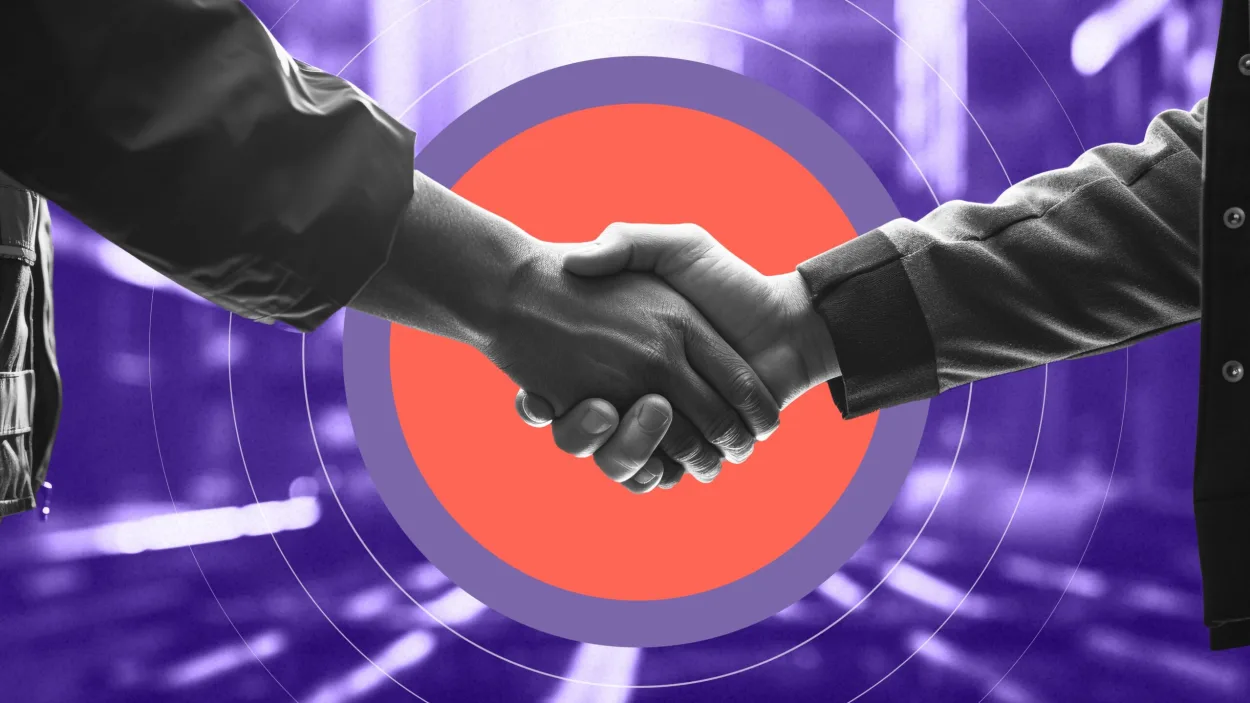Twelve Golden Rules From The Kitchen For Effective Leadership: ‘Mise En Place’
We’ve often been taught that “faster is better” when hustling to get a job done, but during my time working in the catering business, I learned...
For much of my career, I was able to convince myself that making cool stuff, particularly in the tech industry, was making a real difference in the world. “Helping people find apps more quickly speeds up commerce,” I told myself. But deep down, I knew making a difference means helping the people who need it most. Making a difference means helping people change the trajectory of their lives. It means working in fields like education, disaster response, and workforce development.
Usually, it means working with governments, particularly state governments. And working with government agencies requires a gut-level understanding of the stakes. A screw-up when providing service to a state government doesn’t mean wasting investors’ money or introducing a new sugary soda that no one likes. It means hungry children don’t get fed or don’t receive the education they need to get ahead in the world. It means people don’t get the resources they need during a disaster or that communities take longer to recover.
When you work with governments, mistakes matter. Inattention matters. That is why you cannot see yourself as a vendor if you will serve governments well. You must see yourself as a partner. You must understand that the consequences of failure fundamentally matter. Ultimately, mistakes “steal” from your fellow citizens and our country.
Here’s how a business can be an excellent partner to government agencies.
This is not to say partners can’t profit. At the same time, you are taking on real responsibility. If you think you can just turn in your part and walk away, you will find it much harder to grow your business or even renew contracts. You need to act like a partner, or you will be nothing more than a vendor. Vendors are easy enough to swap—particularly for a company that wants to be a partner.
Just because someone worked for an agency for 20 years doesn’t mean they know how to sell to them or even how to fix their problems. Look for creative, inspired team members. Having a background in government for sure helps, but don’t assume you need a whole stack of ex-agency leads. You need smart, driven, creative people. Everything else is a nice-to-have.
Being a bad partner is not a victimless act. Wasted money, wasted potential, ignored problems—the impacts are real. This is especially true at the state level, where failed programs often don’t get second chances due to limited budgets. States cannot afford to keep throwing money at a problem until it works.
While substantial similarities exist between most government agencies, and many face similar problems, they have important differences. Your solution—whether it's software or catering—needs to be flexible and configurable enough that you can meet the needs of the customers where they are.
If a program fails and your company is a part of it, you will share the blame, even if it wasn’t your organization’s fault or its responsibility. As such, if you see something going off the rails, step in and share what you are seeing, even if you cannot fix it, because, at the end of the day, a failed program looks just as bad for you even if you didn’t cause it.
When our partner had their renewal held up in bureaucratic red tape, we kept their program live for an extra 90 days until the hold-up got sorted out. Yes, we ran a risk. What, after all, if the renewal had been rejected? We were a good partner, though, because our bigger concern was what would happen to all the families that relied on the program if we “flipped off the switch.” If you truly see yourself as a partner to your agencies and the American people, you will always find a way to act like one.
The government needs partners guided by service over self-interest. Partners who care deeply about outcomes for people. In other words, partners who approach the work believe anything worth doing is worth doing right. If more businesses embraced this ethos, imagine what we could achieve together.
We’ve often been taught that “faster is better” when hustling to get a job done, but during my time working in the catering business, I learned...
Your people are your most valuable asset and your biggest competitive advantage. Invest in them wisely, and they’ll take your company places you...
Big workforce initiatives thrive on strong collaboration between ecosystem partners; however, navigating those projects may sometimes be challenging....
